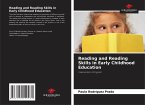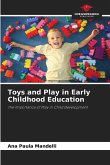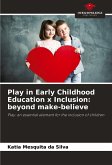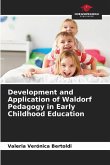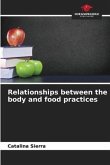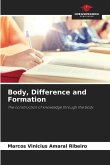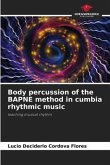Although the practice of physical exercise in child development is advocated by educators and society in general, it does not always receive a pedagogical treatment in early childhood education schools. Recreation and motor development are the justifications for the presence of this content in the school environment. When we take as theoretical references the critical-superior approach to physical education, the critical-historical pedagogy, and the cultural-historical psychology, physical exercise stops being only a motor activity or mere amusement, to become a knowledge in the form of body culture. Thus, the body culture as school knowledge, since childhood education, reconstitutes in each singular subject the body practices historically created by human beings, characterized by being non-utilitarian and having a corporal nature. Thus, the teaching contents of body culture can be incorporated into the conscious personality of the student, aiming at an omnilateral formation, i.e., it is part of the knowledge that needs to be socialized by the school of early childhood education aiming at a full social formation of the child.
Bitte wählen Sie Ihr Anliegen aus.
Rechnungen
Retourenschein anfordern
Bestellstatus
Storno


